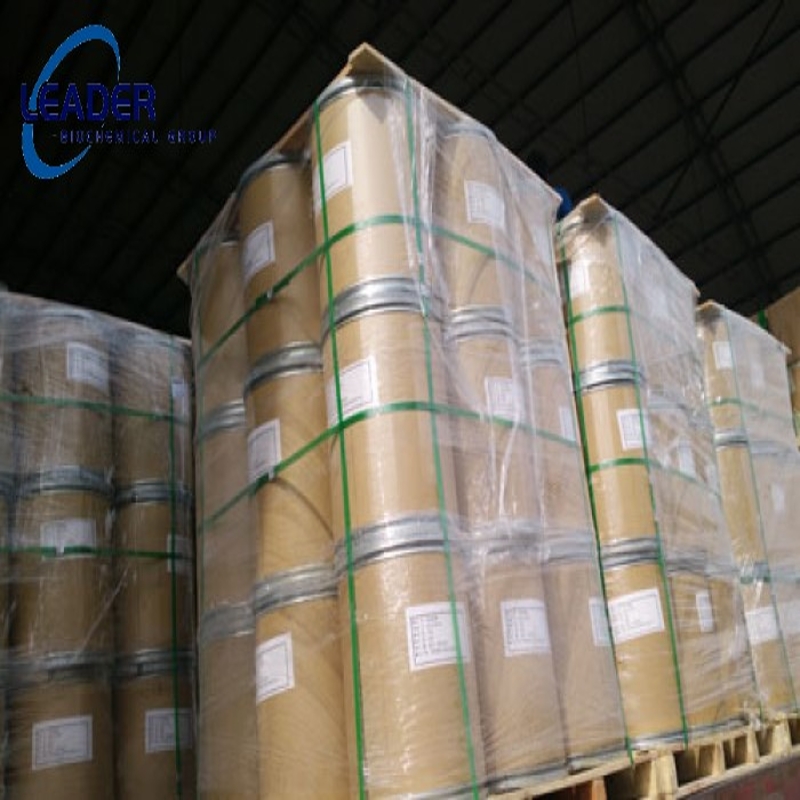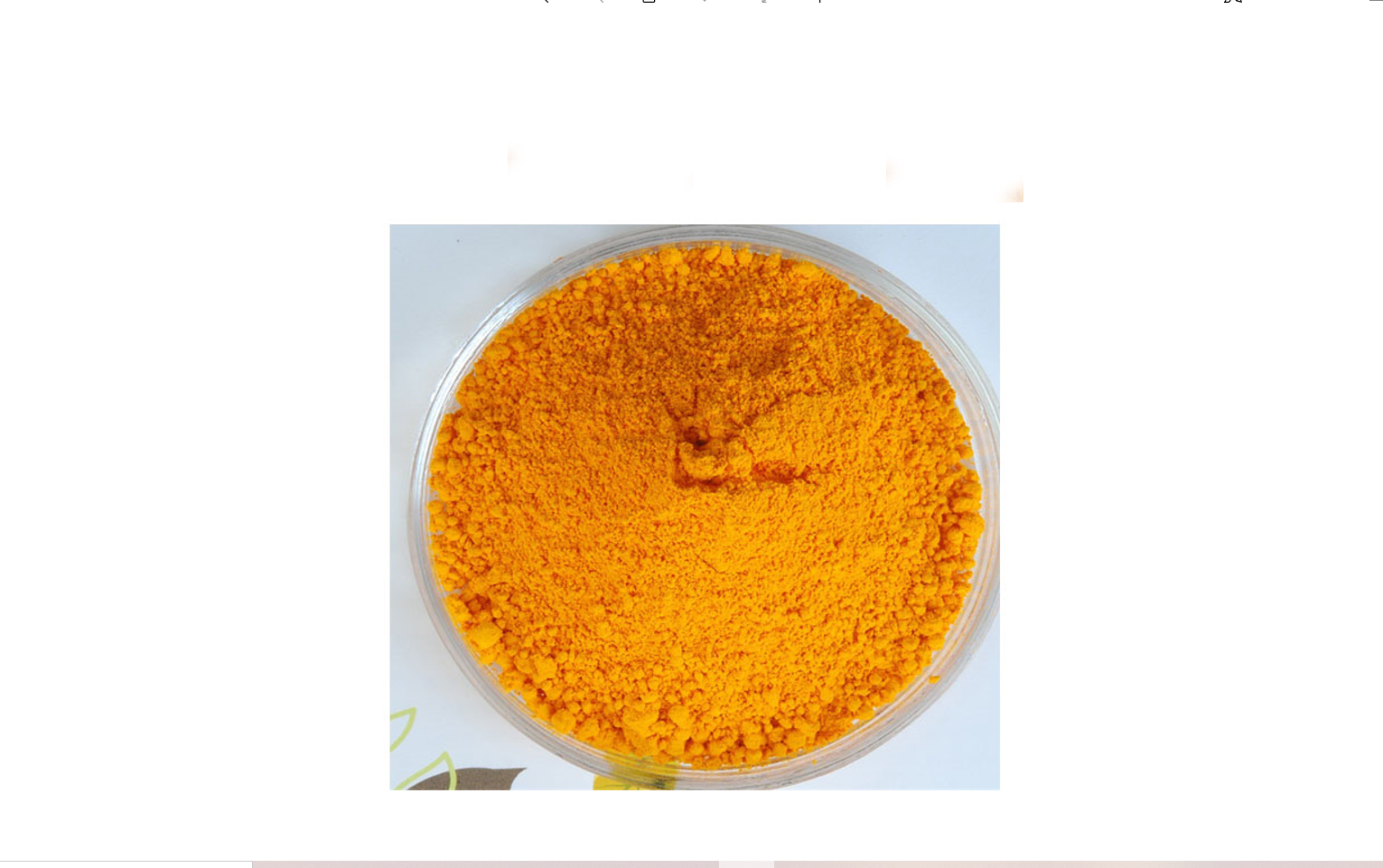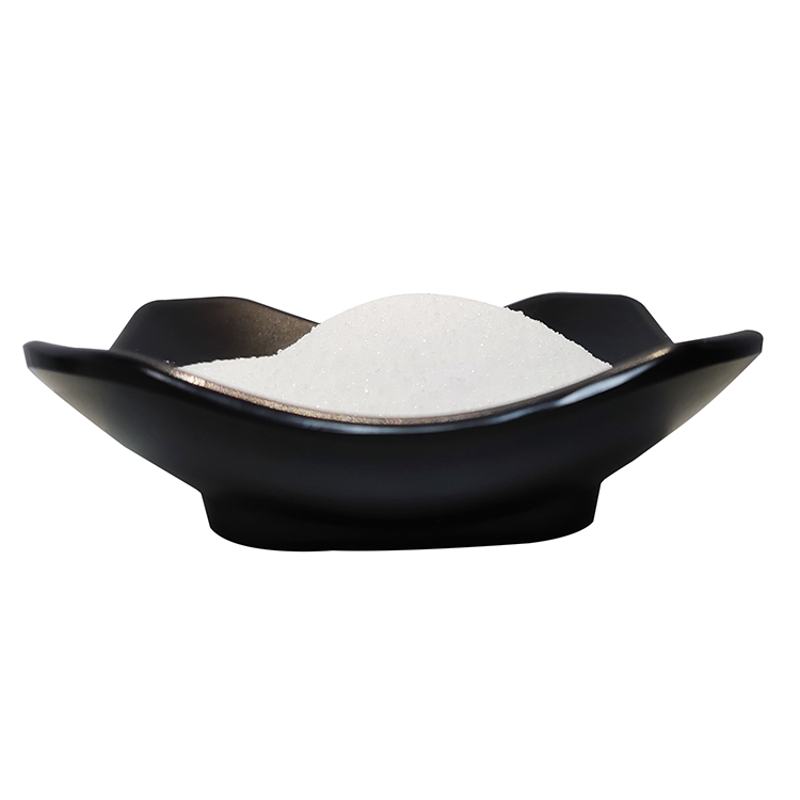-
Categories
-
Pharmaceutical Intermediates
-
Active Pharmaceutical Ingredients
-
Food Additives
- Industrial Coatings
- Agrochemicals
- Dyes and Pigments
- Surfactant
- Flavors and Fragrances
- Chemical Reagents
- Catalyst and Auxiliary
- Natural Products
- Inorganic Chemistry
-
Organic Chemistry
-
Biochemical Engineering
- Analytical Chemistry
-
Cosmetic Ingredient
- Water Treatment Chemical
-
Pharmaceutical Intermediates
Promotion
ECHEMI Mall
Wholesale
Weekly Price
Exhibition
News
-
Trade Service
Both the increase in sodium intake and the decrease in potassium intake are associated with an increased risk of hypertension, cardiovascular disease, and premature death
.
[3,4] Salt substitutes, which use potassium chloride to replace part of the sodium chloride in ordinary table salt, have been shown to lower blood pressure [5], but its impact on heart disease, stroke and death is uncertain
The Salt Replacement and Stroke Study (SSaSS) compared the effects of low-sodium salt substitutes and ordinary salt on stroke, cardiovascular events, mortality, and clinical hyperkalemia.
SSaSS is an open, randomized trial, in 2014 Participants were recruited from April 2015 to January 2015
.
The subjects of the study are adults who have had a previous stroke or who are 60 years of age or older and have poor blood pressure control
Pilot projects were carried out in 600 rural areas in five provinces of China
.
Each province selects two counties to represent the level of rural economic and social development in the province
Participants in the intervention village received a free salt substitute (approximately 75% sodium chloride and 25% potassium chloride) as a substitute for ordinary salt, and were advised to use it in all cooking, seasoning and food preservation
.
They are also encouraged to use less salt substitutes instead of using salt to minimize sodium intake
The average age of the participants was 65.
4 years old, of which 49.
5% were women
.
72.
In an average of 4.
74 years of follow-up investigations, more than 3,000 people had strokes, more than 4,000 people died, and more than 5,000 people had major cardiovascular events
.
Compared with ordinary salt, salt substitutes reduced the risk of stroke (29.
In terms of secondary results, salt substitutes reduced major cardiovascular events (non-fatal stroke, non-fatal acute coronary syndrome, vascular death) (49.
09 vs 56.
29/1000 patient-years; RR 0.
87; 95% confidence interval 0.
80--0.
94; P <0.
001) total mortality (39.
27 vs 44.
61/1000 patient-years; RR 0.
88; 95% confidence interval 0.
82--0.
95; p <0.
001)
.
In terms of safety, compared with ordinary salt, the clinical hyperkalemia of salt substitutes did not increase the risk of serious adverse events (3.
35 vs 3.
30 per 1000 patient-years; RR 1.
04; 95% confidence interval 0.
80--1.
37; p = 0.
76)
.
No other risks were found
Professor Bruce Neal, the lead researcher of the George Institute for Global Health in Sydney, Australia, said: "This study provides clear evidence for an intervention that can be implemented quickly and at a very low cost
.
" It was recently conducted in China.
He added: "The results of the trial are particularly exciting, because salt substitution is one of the few practical ways to change people's consumption of salt
.
Other salt reduction interventions are also difficult to achieve a huge and lasting impact
.
"
"The important thing is that salt substitutes are easy to make and not expensive
.
In China, a kilogram of ordinary table salt that can be stored for several months costs about US$1.
08
.
A kilogram of salt substitutes costs US$1.
62 per kilogram
.
" "It is mainly low-income and poor people who add large amounts of salt during food preparation and cooking.
This means that salt substitutes have the potential to reduce health inequalities related to cardiovascular disease
.
"







